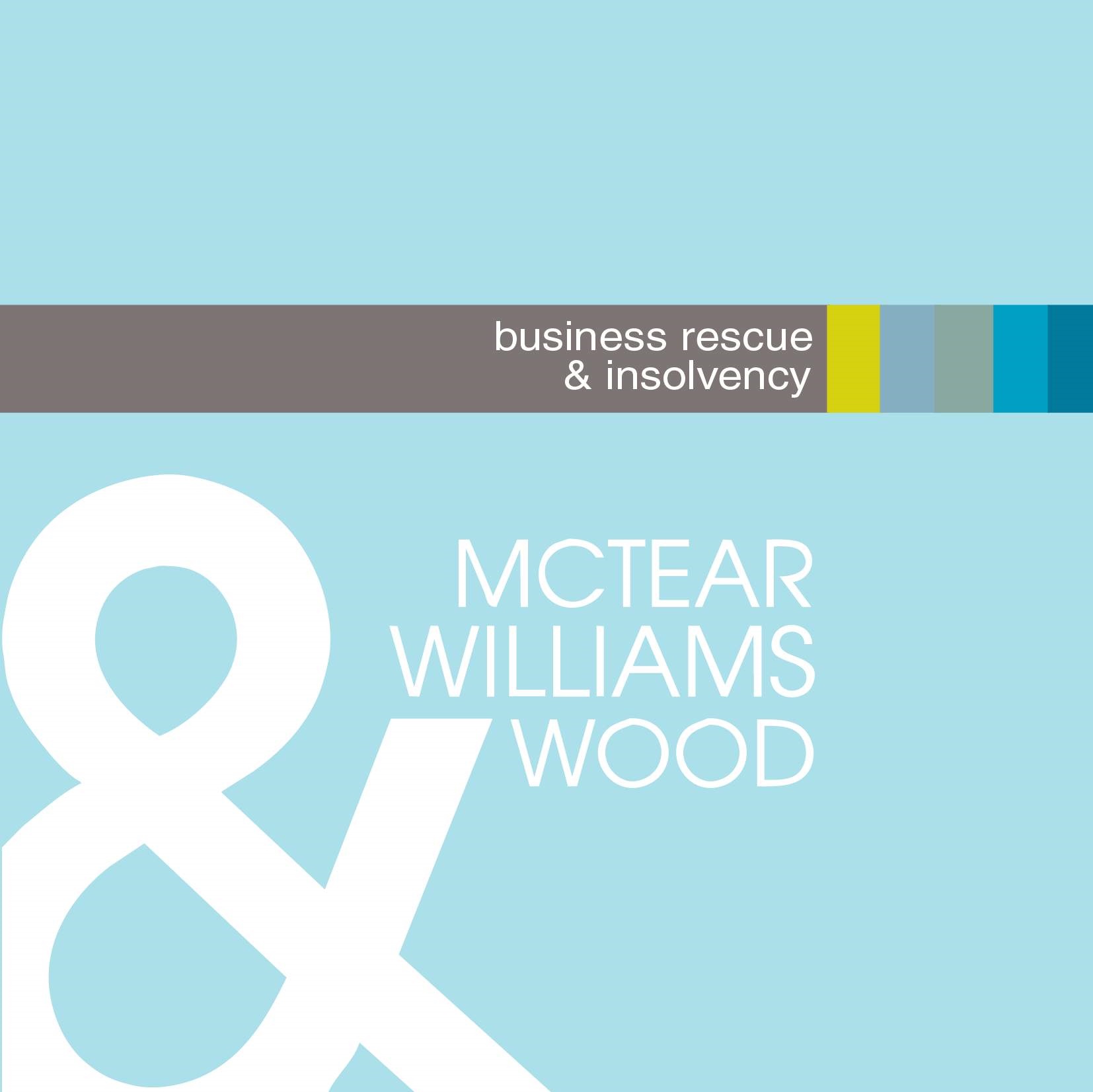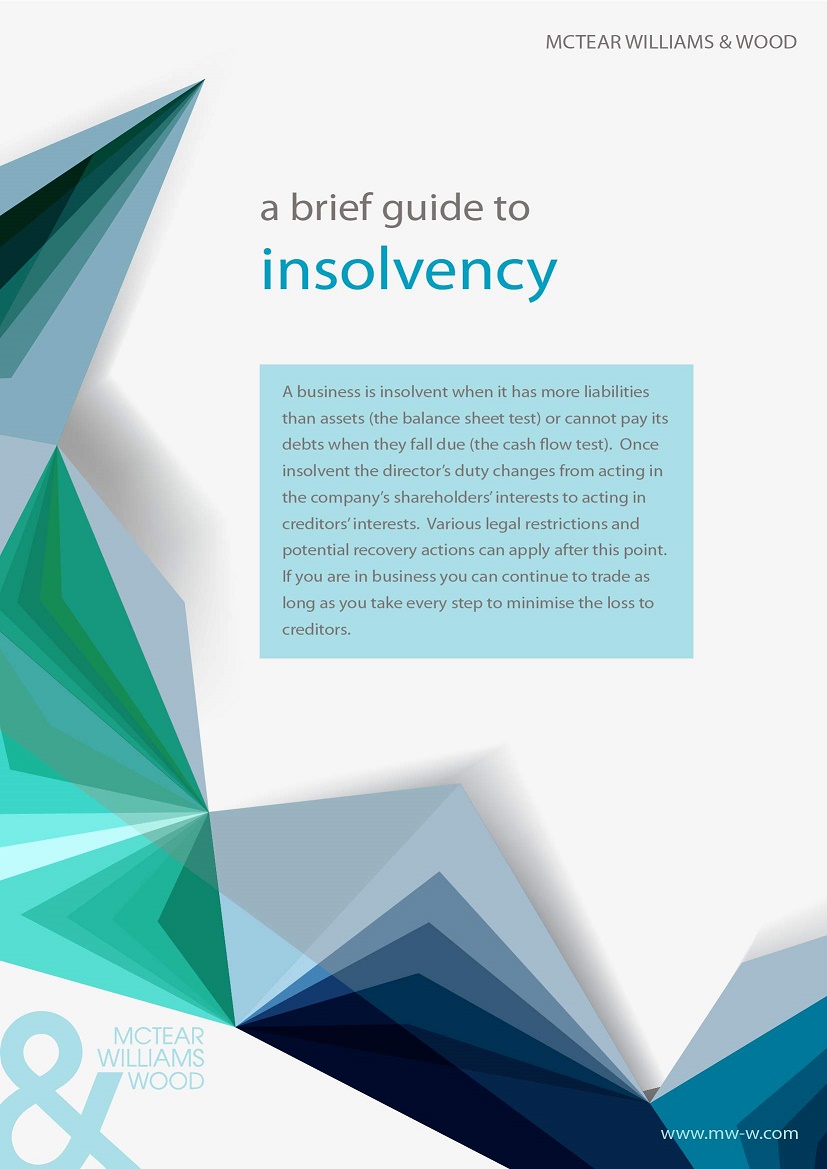FAQs for Directors
Corporate Insolvency
- What is insolvency?
Insolvency is where you or your business cannot afford to pay your debts either in full or on time. You've probably heard the term used frequently but do you know what being insolvency really means for a business and its directors? Read more - How do I know if my business is insolvent?
If your business does not have the money or assets to pay the liabilities it owes, the company is classed as insolvent. Read more - Company insolvency - what are my options?
A limited company in financial trouble has five main options. Often directors and business owners do not know what they need to do or what the options are but broadly they fall into two categories. Read more - What types of insolvency do you deal with?
All types of formal insolvency procedures along with business rescue, turnaround and restructuring including:
- Creditors' voluntary liquidations
- Administrations (including pre-pack administrations)
- Company voluntary arrangements ('CVA')
- Members' voluntary liquidations (solvent liquidations)
- Compulsory liquidations
- Administrative receiverships
- Fixed charge receiverships
- Court appointed receiverships - What type of companies do you usually deal with?
We mostly deal with owner managed and family businesses which make up the bulk of businesses across East Anglia and London and in all sectors. - What size of companies have you dealt with?
Companies with assets up to £5,000,000, turnover up to £40,000,000 - up to 200 staff and banking lending up to £2,000,000. But we usually deal with much smaller businesses with assets c.£250,000,turnover £500,000 and a dozen staff. - How to dissolve a partnership with financial problems
If the business is a solvent partnership then it can be dissolved by agreement between the relevant parties in accordance with the partnership agreement. However, if the business partnership is insolvent and cannot pay its debts then it will either go in administration, liquidation or a partnership voluntary arrangement ('PVA'). Read more - What are the risks of insolvency?
There are two legal definitions of insolvency; the first is being unable to pay your debts as they fall due and the second is your liabilities exceeding your assets. If your business doesn’t have the money or assets to pay the liabilities it owes, the company is classed as insolvent. Read more - Insolvent trading - what can happen to my business?
if your business is insolvent you risk being pushed into liquidation (for a company) or bankruptcy (sole trader or partnership). The means your business will be forced to close, staff made redundant and any assets sold to pay the business creditors. If you are trading whilst insolvent you may also be committing offences including wrongful or fraudulent trading ... Read more - Is insolvency a breach of contract?
In most cases yes it normally is. However for insolvency to be a breach of contract it does depend on what is actually written in any contract between the insolvency company and the customer. For example, sometimes the terms of a contract state liquidation is a breach of contract but administration is not. Read more - Do you only handle insolvencies?
No, we welcome the change to advise clients in areas outside insolvency, including turnaround and restructuring. The earlier we can get involved the more chance there is of avoiding insolvency. - Is that why you have business angel and turnaround interim manager networks?
Yes. We have successfully turned around many businesses that would have otherwise been threatened with closure. Click on the links for more information on our turnaround business angel and interim management networks. - Will I be able to claim for wages owed to me by the company?
Yes and in order to help employees of insolvent companies the Insolvency Service runs a scheme to pay creditors unpaid wages, holidays not taken, pay in lieu of notice and redundancy up to a limit (currently £700 per week from 6 April 2024). The appointed insolvency practitioners will help you make these claims online.
Get in touch with our expert team of business rescue specialists for more information on 0800 331 7417


